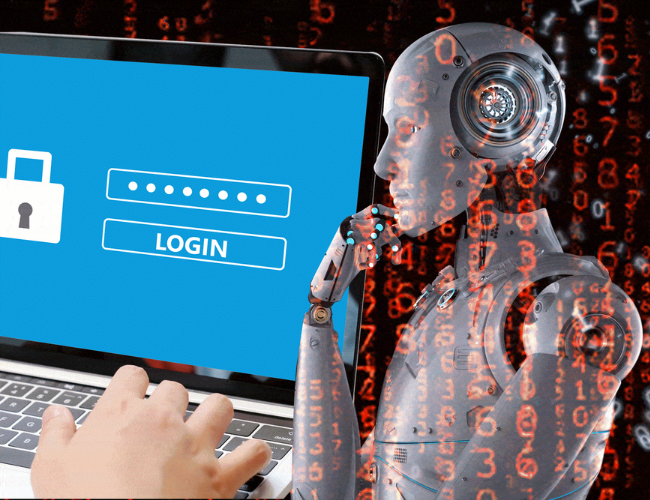In a concerning revelation, researchers from the UK demonstrate the vulnerability of keystroke security, emphasizing the ease with which an AI model named CoAtNet can decode keystrokes with a staggering 95% accuracy. This newfound threat raises concerns about the effectiveness of traditional password protection methods and prompts a reevaluation of data security measures.

Security Challenge
For decades, security experts have advocated for strong passwords to safeguard personal computers. However, this latest research suggests that even this basic security measure may no longer be foolproof. The researchers utilized a MacBook Pro’s built-in keyboard for their experiments, showcasing that the vulnerability extends beyond specific keyboard types.
Data Collection and AI Training
To simulate real-world conditions, the researchers recorded the sounds of each key press on the MacBook Pro’s keyboard 25 times using an iPhone microphone placed 17 centimeters away. These audio samples were processed to generate spectrograms, which were then utilized to train the CoAtNet AI model. This hybrid neural network, combining convolutional AI with self-attention, exhibited remarkable capabilities in classifying spectrogram images from a relatively limited dataset.
Keystroke Decoding Accuracy
Following the AI model’s training, the team reported an astonishing 95% accuracy in decoding new keystrokes when recorded by an iPhone. Notably, the study also examined audio recorded during video chats, with only a marginal drop in accuracy. Over Zoom calls, the AI achieved 93% accuracy, and over Skype, it maintained a 92% accuracy rate. This unveils the potential risk associated with inadvertently revealing sensitive information during video conferencing.
Potential Defenses Against Keystroke Decoding
Acknowledging the severity of this vulnerability, the researchers propose several potential defenses. These include using a white noise machine to obscure typing sounds, employing applications to insert additional keystroke clicks, opting for a different keyboard, altering typing styles, or introducing changes to the quality of the keyboard’s audio waveform. Suggestions from experts also include the use of mechanical keyboards with swappable switches, biometrics, and password managers to enhance overall data security.
Note on Study Validity
It’s crucial to note that the study is currently available in pre-print and has not undergone peer review. The potential implications of these findings underscore the evolving landscape of data security in the era of increased AI interest, prompting a reassessment of existing security practices.
Conclusion
As the threat of AI decoding keystrokes comes to light, users and security experts alike must stay vigilant and consider adopting alternative security measures to mitigate potential risks. The need for innovative and adaptive security solutions becomes evident in light of the evolving capabilities of AI models.
